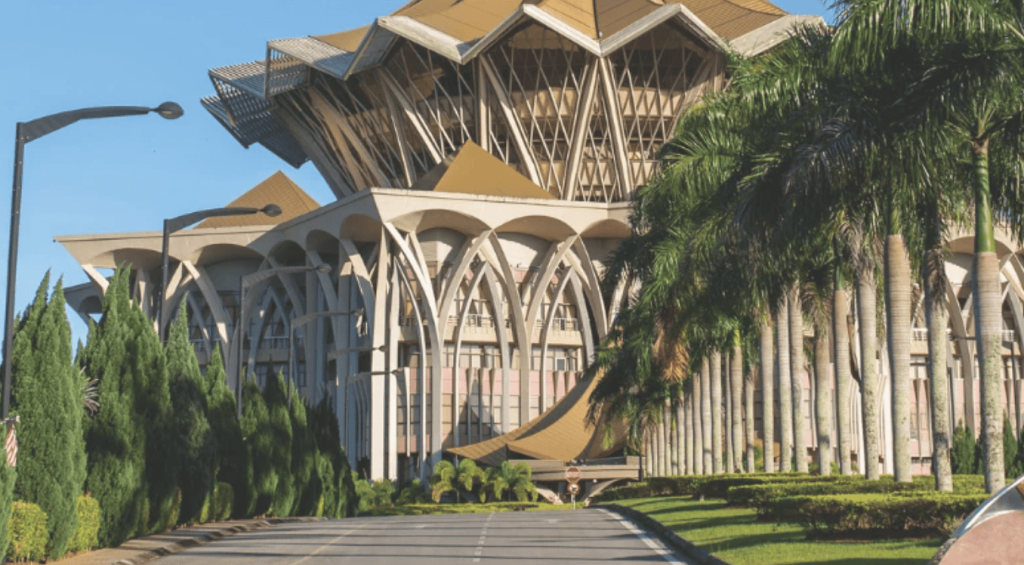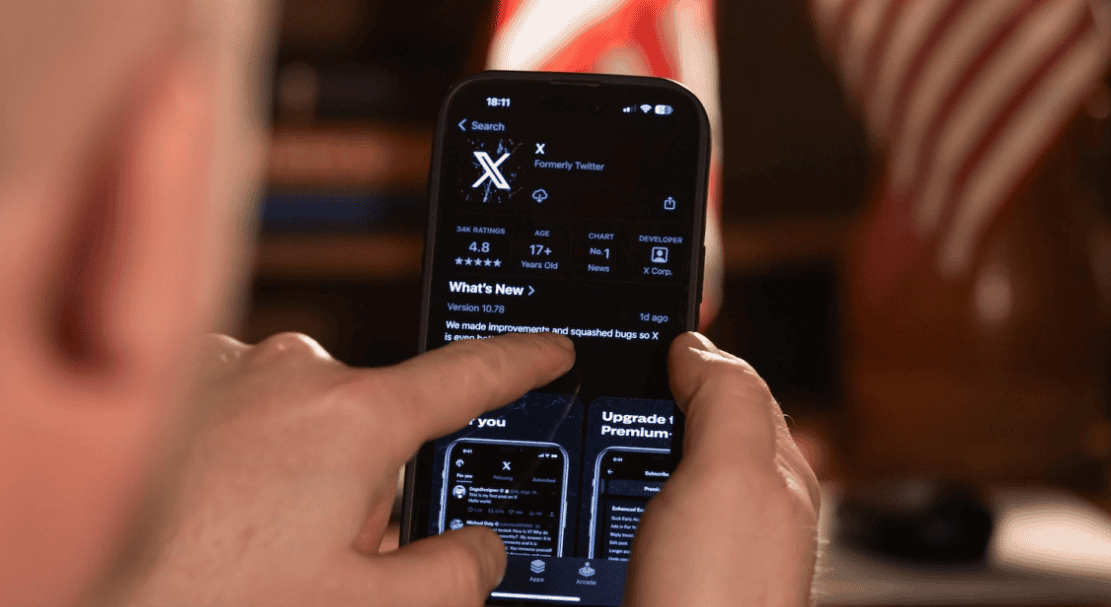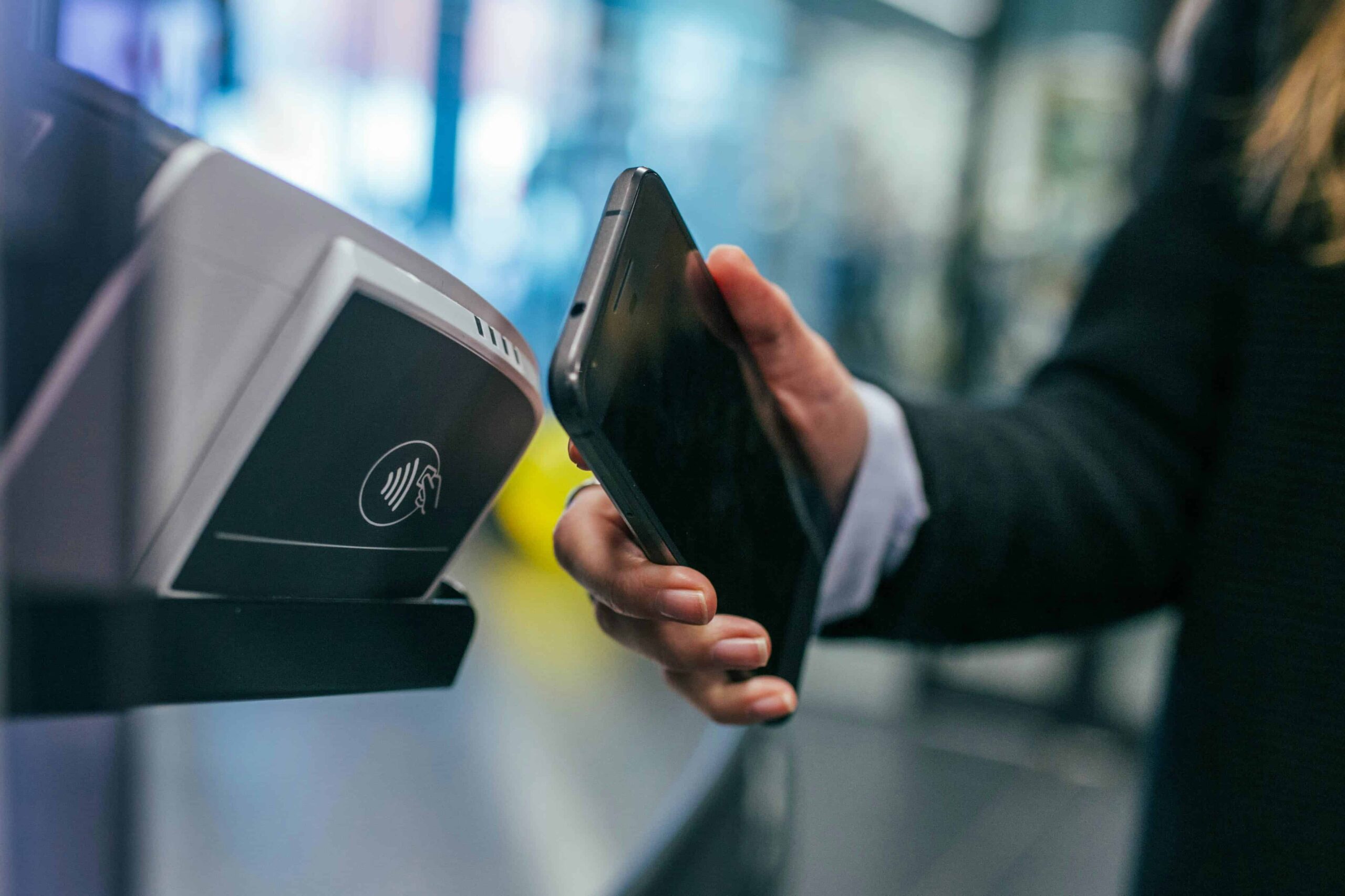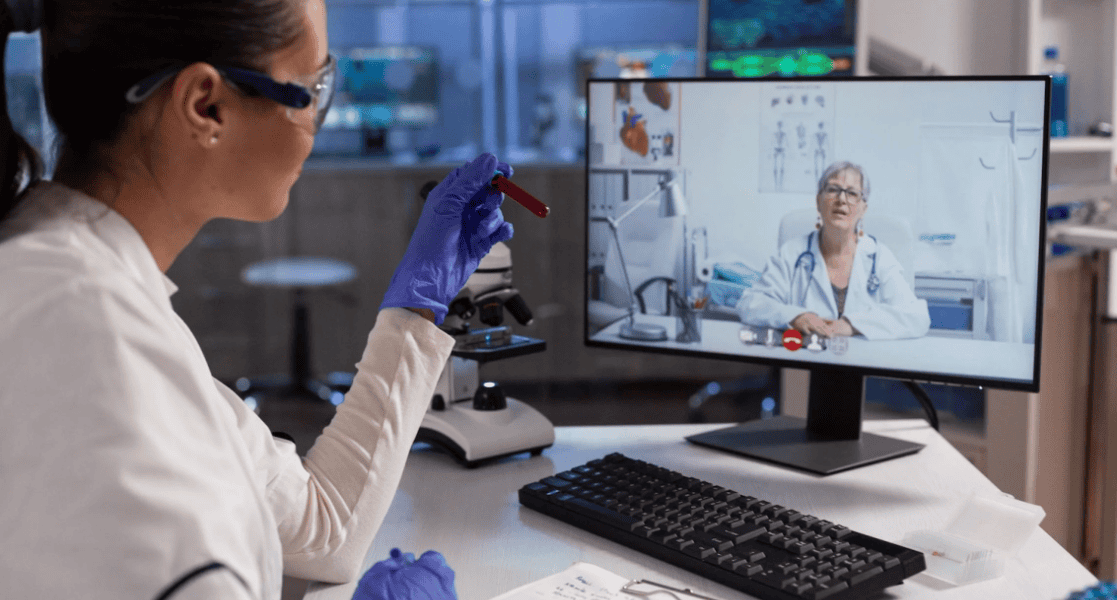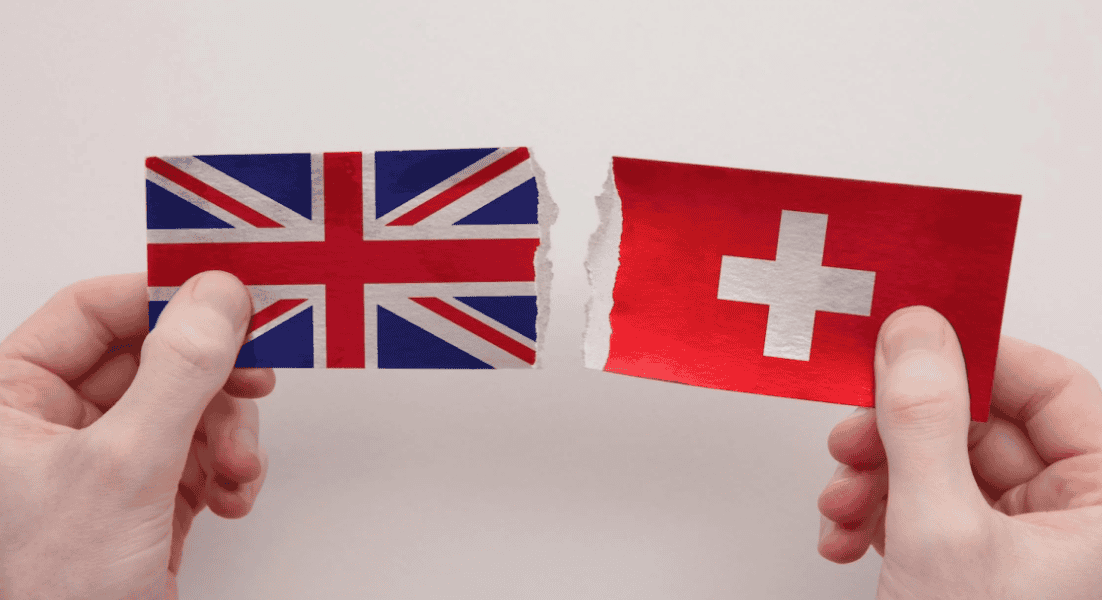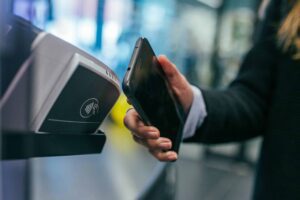In 2022, the World Bank and Sarawak State in Malaysia launched a State-Owned Enterprise (SOE) Transformation Program that was based on a systematic corporate governance review requested by the state. The initiative addressed issues raised by the Auditor General, including SOEs financial weaknesses, low dividends, poor governance, and limited state oversight. The reform focused on three areas: boosting competitiveness and financial resilience; strengthening state ownership; and aligning SOE mandates with Sarawak’s development goals.
Momentum increased rapidly, as the team’s analytical work demonstrated the World Bank’s ability to provide high-quality, tailored advice. Sarawak’s Minister of Finance highlighted the World Bank Group partnership in the 2024 budget speech, drawing interest from the federal government to replicate the pilot. The successful collaboration led the state government to invest in a Reimbursable Advisory Services (RAS) program, recognizing the value of customized support. This was the World Bank Group Malaysia office’s first-ever subnational RAS, Recognizing the potential impact of the Bank’s work in Sarawak and its broader implications for other states, the federal government also endorsed the engagement. The RAS thus became an effective instrument for deepening partnership and scaling up reforms. On October 2, 2025, the partnership was marked by a public ceremony led by the Sarawak Premier, and covered by national TV and local media.
How did the team earn the trust of the Malaysian authorities, secure State funding for challenging reforms, and gain Federal approval for a RAS arrangement despite tight budgets? We share below six core principles, alias the good SPIRIT that made this journey possible.
- Strengthening evidence-based advice through data analytics. The team developed tailored diagnostic tools, combining qualitative assessments based on the OECD Guidelines of SOE Corporate Governance with a survey and global benchmarks from the Businesses of the State dataset. This approach produced Sarawak’s first comprehensive SOE mapping, identified performance gaps, and guided targeted government reforms, resulting in increased client trust and a strong foundation for the subsequent RAS-backed engagement.
- Prioritizing context for pragmatic set of reforms. Governments often face pressure to show quick results and tackle multiple challenges at once. In Malaysia’s case, the team carefully calibrated ambitions with technical and political realities, focusing on key policy and institutional changes that could have clear impact. By sequencing reforms and prioritizing essential steps, consensus was achieved for the SOE reform agenda, paving the way for deeper collaboration.
- Impactful client engagement yielding results. Sarawak has introduced key policies to strengthen SOE discipline and governance, including a 2023 State Dividend Policy that doubled state dividend payments. The resulting increased revenue supports socio-economic priorities while reinforcing financial discipline, a performance-driven culture, and accountability. Complementing this, in 2025 the E-SOE digital dashboard, developed with the World Bank, is being rolled out across all major SOEs, enabling the State to effectively monitor SOE performance, fiscal risks, and compliance with policy objectives.
- Remaining a trusted and credible advisor throughout the process. The ability to continuously build client trust drove this engagement, with the team prioritizing reliable collaboration from the start. This approach led to 10 field missions, multiple consultations and workshops, and engagement with over 400 participants from federal and state agencies, as well as SOE management. State-level SOE Steering and Technical Committees were formed to monitor technical progress and ensure alignment with Sarawak’s strategic priorities, improving diagnostic quality and increasing client ownership of final products.
- Insights into the complexity of inter-governmental relationships. The team used the World Bank Group’s convening power to unite federal and state officials, aligning technical and financial priorities for Sarawak’s SOE Transformation Program as a potential national pilot. This collaborative approach built consensus, secured broad government support, and advanced SOE reforms.
- Tenacity in advancing the dialogue against all odds. Despite limited data and access to SOE corporate governance information, the team filled gaps and adjusted the diagnostic scope to manage client expectations. This adaptability maintained momentum through analysis and reform implementation, helping sustain Sarawak’s SOE reform agenda and positioning it as a model for federal authorities.
Replicating the Good SPIRIT
Malaysia’s experience offers a model for engaging clients in complex governance reforms. By applying the SPIRIT principles, development practitioners can transition from analysis to implementation and achieve results. This approach supports reform processes and helps forge lasting client partnerships, contributing to long-term outcomes. The Malaysia SOE reform journey shows how the SPIRIT principles can power sustainable, scalable change.
Source : World Bank



